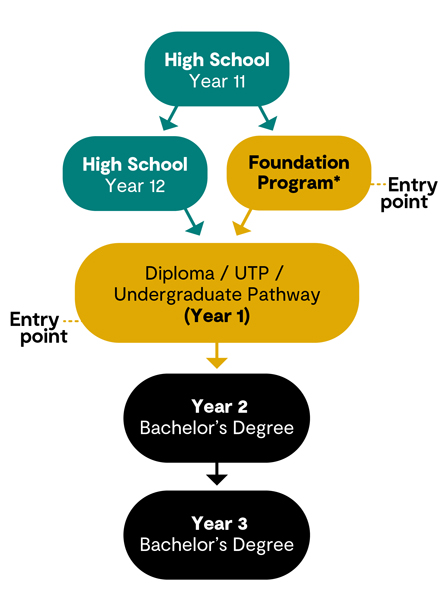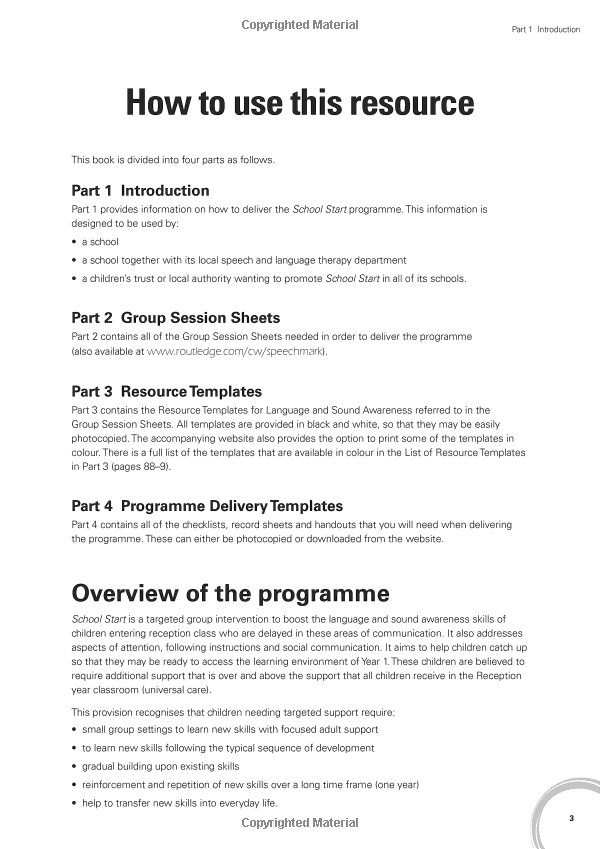Understanding Student Loan Discharge: Your Comprehensive Guide to Loan Forgiveness Options
Guide or Summary:Student Loan DischargeTypes of Student Loan DischargeApplication Process for Student Loan DischargeImpact of Student Loan Discharge on Cred……
Guide or Summary:
- Student Loan Discharge
- Types of Student Loan Discharge
- Application Process for Student Loan Discharge
- Impact of Student Loan Discharge on Credit Score
Student Loan Discharge
Student loan discharge refers to the cancellation of a borrower's obligation to repay some or all of their student loans. This process can occur under various circumstances, allowing individuals to relieve themselves of the financial burden of student debt. Understanding the different types of student loan discharge and the criteria for qualification is essential for borrowers seeking financial relief.
Types of Student Loan Discharge
There are several types of student loan discharge available to borrowers, each with its own specific eligibility requirements. Some of the most common types include:
1. **Total and Permanent Disability Discharge**: If a borrower becomes totally and permanently disabled, they may qualify for a discharge of their federal student loans. This typically requires documentation from a physician confirming the disability.

2. **Death Discharge**: In the unfortunate event of a borrower's death, their federal student loans can be discharged. Additionally, if a borrower passes away, their parents or guardians may also be eligible for discharge of any PLUS loans taken out on their behalf.
3. **Borrower Defense to Repayment**: This discharge is available to borrowers who were misled by their school or whose school violated certain laws. If a borrower can prove that their school engaged in deceptive practices, they may be eligible for a discharge of their federal student loans.
4. **Closed School Discharge**: If a borrower’s school closes while they are enrolled or shortly after they withdraw, they may qualify for a discharge of their federal student loans. This is particularly relevant for students who were unable to complete their studies due to the school’s closure.
5. **False Certification Discharge**: This type of discharge applies if a borrower’s school falsely certified their eligibility for a loan. This can occur if the school misrepresented the borrower’s ability to benefit from the education or if the borrower was not eligible for federal student aid.

Application Process for Student Loan Discharge
The application process for student loan discharge varies depending on the type of discharge being sought. Generally, borrowers must provide documentation supporting their claim and submit an application to their loan servicer or the U.S. Department of Education.
For example, to apply for a Total and Permanent Disability Discharge, borrowers must complete the application form and submit it along with the required medical documentation. The process can take several months, so it is crucial for borrowers to remain patient and follow up on their application status.
Impact of Student Loan Discharge on Credit Score
One of the significant concerns for borrowers considering student loan discharge is the impact on their credit score. In most cases, if a borrower's loans are discharged, it will be reported to the credit bureaus, and the debt will be removed from their credit report. This can have a positive effect on their credit score, particularly if the borrower was struggling to make payments before the discharge.
However, it is essential for borrowers to understand that applying for a discharge does not guarantee approval. If a borrower is denied, they may need to explore other options for managing their student loans, such as income-driven repayment plans or loan consolidation.

In summary, student loan discharge is a valuable option for borrowers facing financial hardship due to their student loans. By understanding the different types of discharges available and the eligibility requirements, borrowers can take proactive steps toward alleviating their debt burden. Whether through disability discharge, borrower defense, or other means, it is important for borrowers to explore all options available to them. If you believe you may qualify for a student loan discharge, consider reaching out to a financial advisor or student loan expert for guidance on the best course of action.